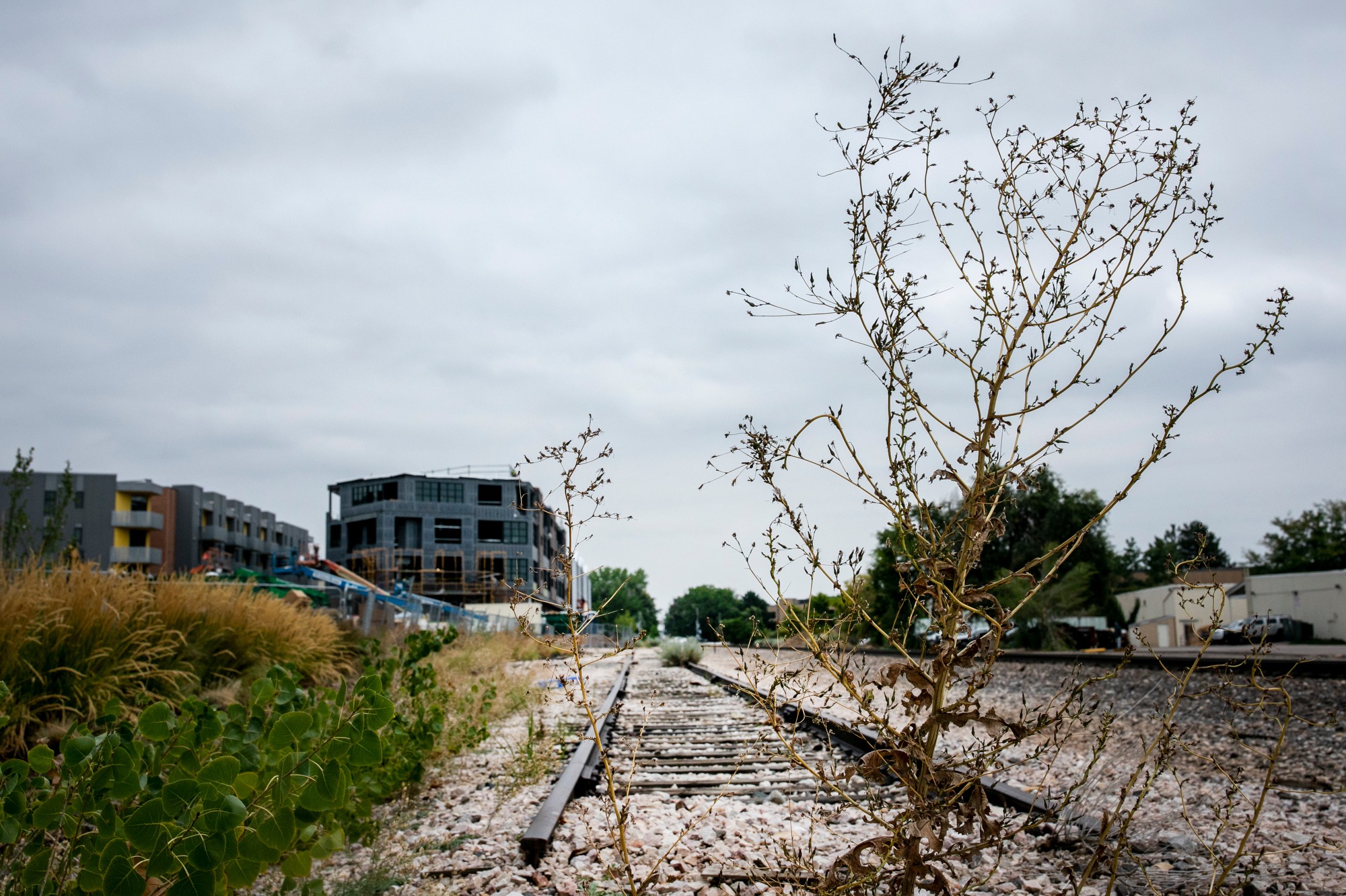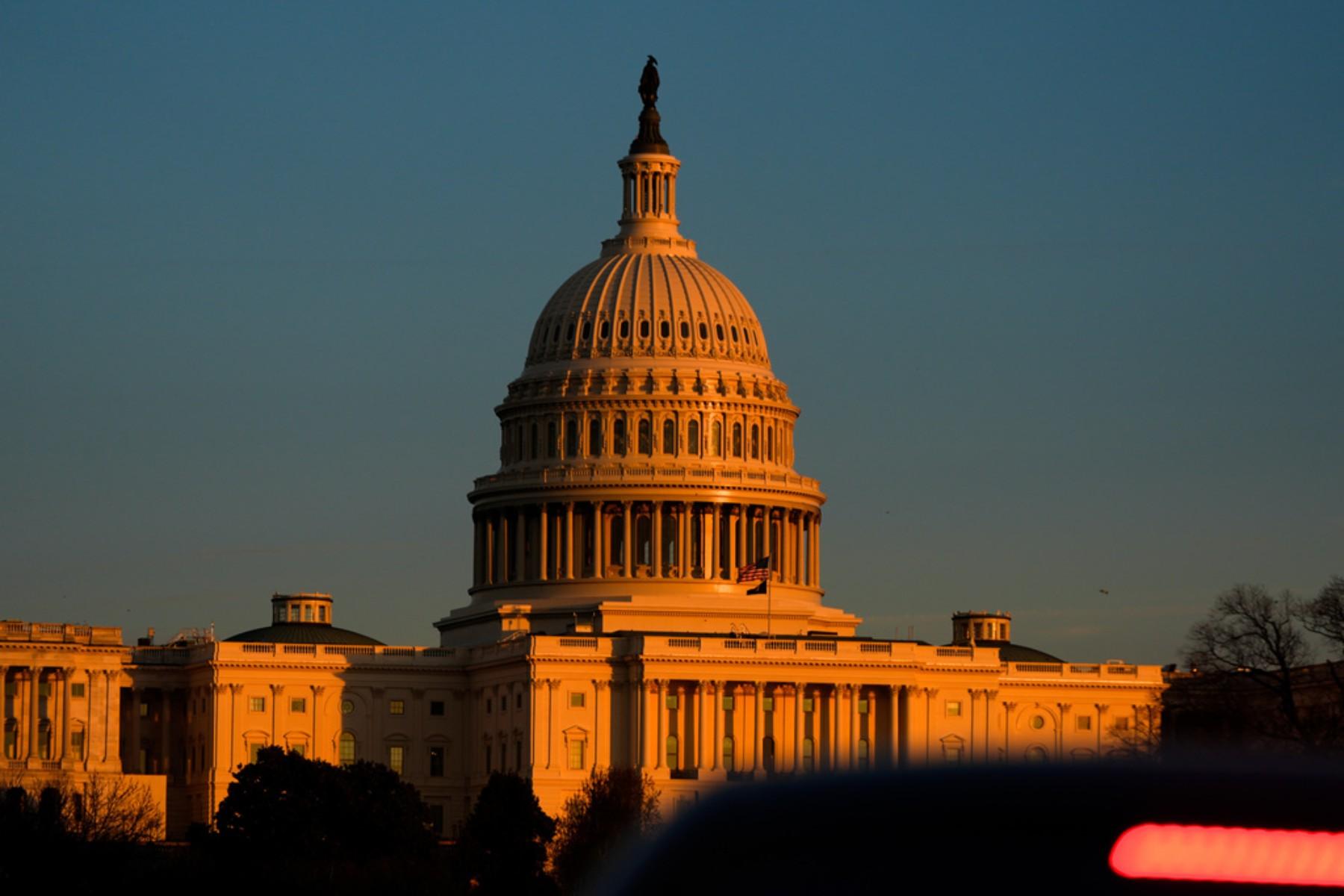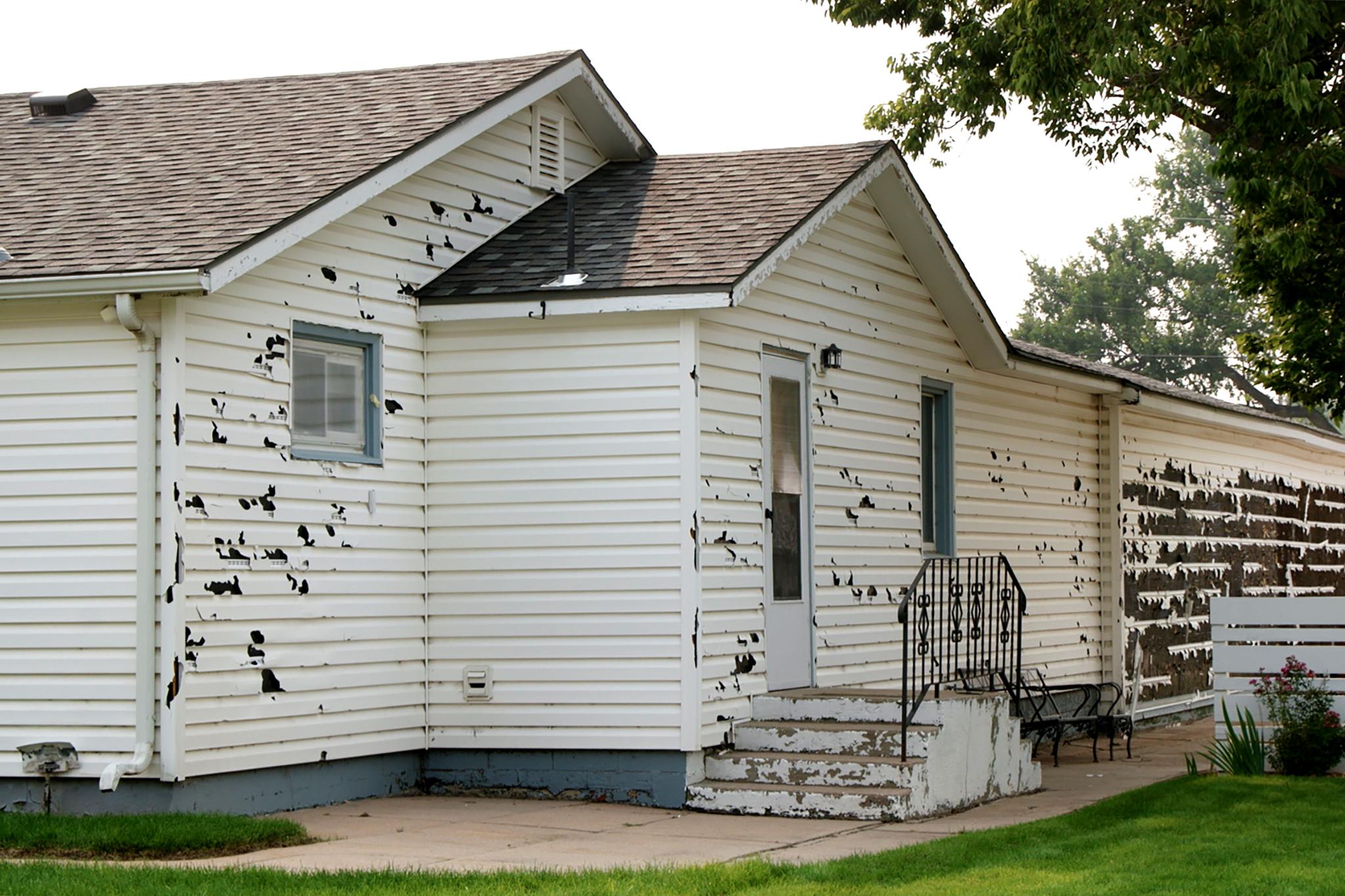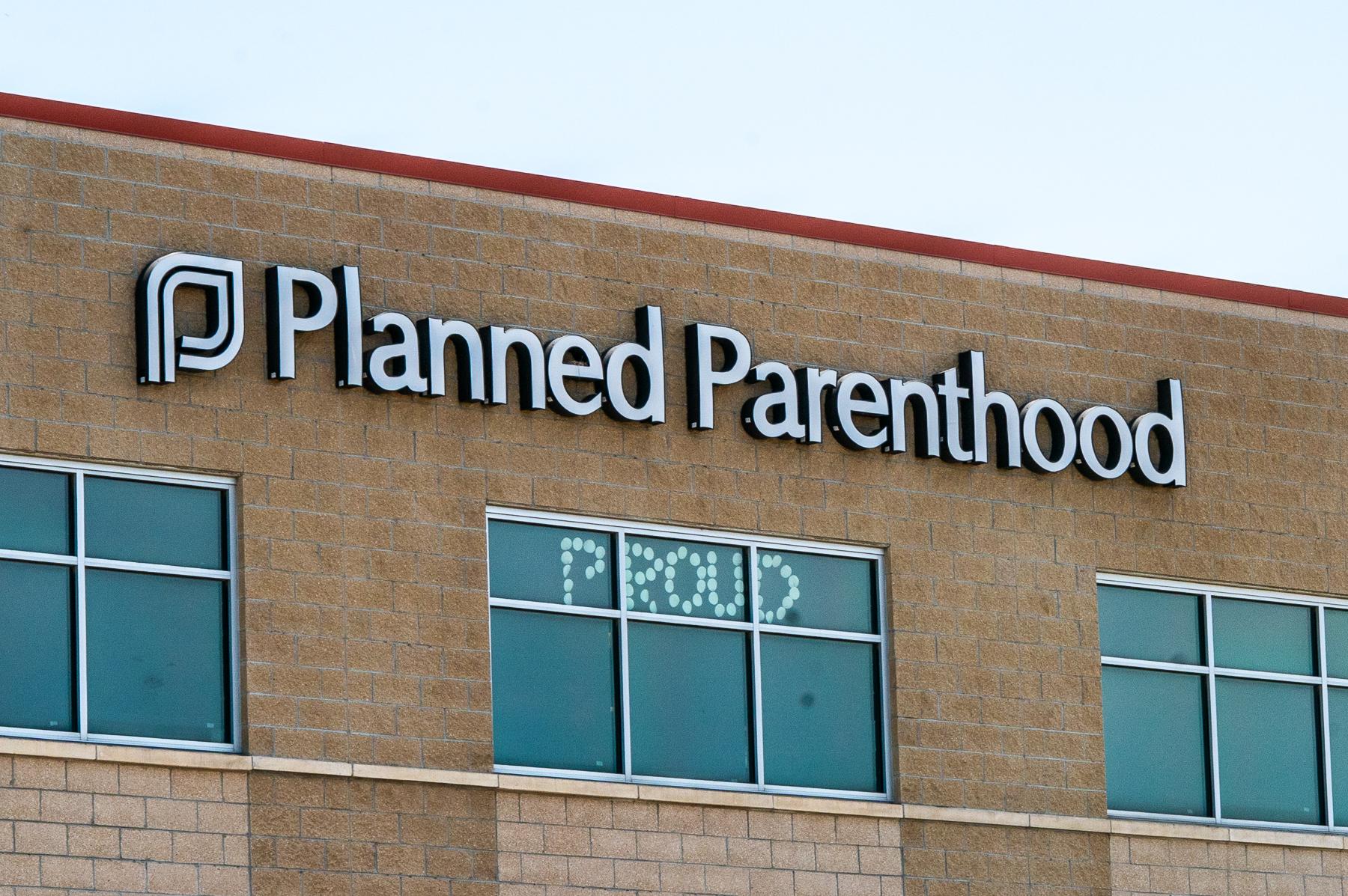
As of July 4, a sweeping new law blocks patients in Colorado from using Medicaid health care plans at Planned Parenthood.
A provision in the budget reconciliation bill known as the One Big Beautiful Bill that passed in Congress and was signed by President Trump effectively defunds the clinics. The law doesn't specifically name Planned Parenthood, but it bars Medicaid payments to large health care nonprofits that offer abortions.
Adrienne Mansanares, the President and CEO of Planned Parenthood of the Rocky Mountains, said the change will affect about a third of its patients, about 16,000 people.
“What we really need is ongoing revenue and support at the state level to be able to reactivate Medicaid patients,” she said.
The nonprofit is actively exploring every option to continue to support patients, it noted on its website. But for now the change “means patients can no longer use their Medicaid coverage for services at our health centers,” it said.
Its clinics provide a variety of services, including birth control, annual checkups, tests for sexually transmitted infections, and cancer screenings.
Rep. Diana DeGette, a Democrat who represents Denver, told a meeting of providers Thursday that general Medicaid cuts in the law are delayed but “the defunding for Planned Parenthood started the day the bill was signed July 4th.”
CPR reached out to the Department of Health and Human Services, which administers Medicaid, for a request for comment; it did not immediately respond.
Many Republicans oppose abortion and have said federal money should not indirectly fund organizations that provide abortions, maintaining other providers could step up if Planned Parenthood were defunded.
“It is time to stop forcing taxpayers to fund the Big Abortion industry, led by Planned Parenthood,” said Marjorie Dannenfelser, president of Susan B. Anthony Pro-Life America, in a statement on its website. “Women have real choices for their health care, with community health centers far more accessible and offering much more comprehensive care than abortion businesses.”
Earlier this week, the national non-profit won a temporary injunction regarding the provision. It sued the Trump administration arguing the law is an unconstitutional attack on the organization and health care clinics located in states nationwide. The injunction is to expire in the next two weeks.
Abortion is legally protected in Colorado and it's long been illegal for federal Medicaid funds to cover the cost of abortions.
Providers from the non-profit gathered to speak with DeGette around a table in its Denver clinic, with Mansanares joining virtually on a big screen. Some got emotional as they described worried patients and uncertainty ahead.
“When we talk about the impact and how horrible it is, it's personal. It's personal for all of us. It's personal for our patients, for our volunteers, for our community members, for our staff,” said Kathia Garcia, Raiz organizer in Northern Colorado.
Another staffer, Karen Sandoval, said she helped deliver a baby as a doula for a family from Venezuela. It was July 4, the day the president signed the bill into law.
“During the birth, the father was asking me, ‘what do you think about this bill? What do this mean for our family? What does this mean for our future?’” she said.
“In the middle of a labor, that is not something that they should be thinking about,” she added. “You're helping the family with the birth and you're having to explain the bill.”
Major worries at a food bank and a clinic
The impact of the new federal law is resonating with other Colorado groups that provide critical community services, DeGette heard, as she earlier in the day visited an anti-hunger organization and a community health clinic in central Denver.
The law cuts funding for food aid, the program called SNAP, the federally funded Supplemental Nutrition Assistance Program. Backers of the program say the deep funding reductions will leave millions of U.S. children and adults hungry. Republicans have described the program as badly managed and said it creates a disincentive for people to work.
More than 600,000 Coloradans use SNAP benefits monthly.
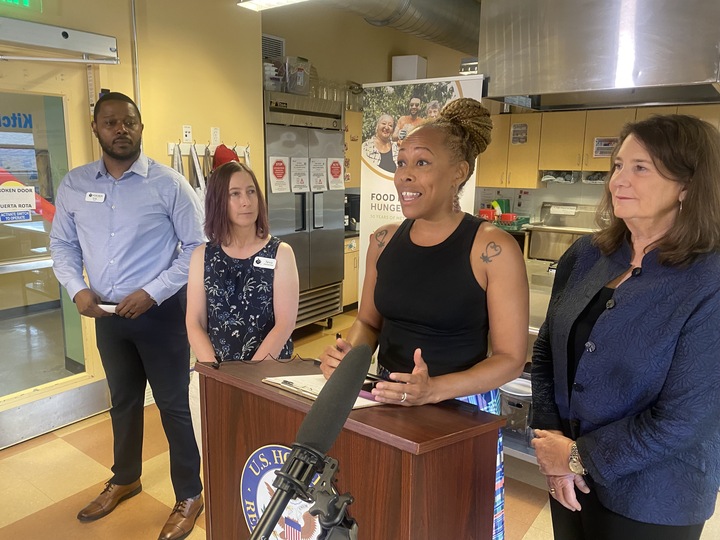
“We think it's important to challenge cruel policies made out by out-of-touch politicians who've made the decision to reduce federal safety nets such as SNAP and Medicaid. These policies make it harder for families to get the support that they need,” said Erik Hicks, CEO of Metro Caring.
Even before the law passed, he said, in Colorado more than 11 percent of homes are food insecure and one in nine people don't have sufficient access to food. Last year, the need for food assistance saw a 39 percent increase, while organizations like it only saw a 16 percent increase in funding.
“Our goal is to ensure that our community works toward a more sustainable future,” Hicks said.
A student at Metropolitan State in Denver said the program was vital to her.
“Before I was able to access SNAP, I constantly worried about what I was going to eat after class and felt like I had to save every dollar I earned just to keep a roof over my head,” said Karely Salazar, a senior.
“I just don't think that the families I work with should have to be choosing between paying the bills with the cost of living increasing as it is in the state and feeding their families and following their dreams,” said Danette Hollowell, a Metro Caring board member.
At her next stop, DeGette visited Inner City Health.
Cuts in the law will hit more than 100,000 Coloradans, causing them to lose Medicaid coverage, according to several estimates. Those cuts will be acutely felt at clinics like Inner City, a faith-based institution.
“This is going to be crippling because over 40 percent of our revenue is Medicaid,” said Charles S. Gilford III, its CEO. “And so when we think about being able to sustain off of that. And we're already taking major hits every year because we provide over a million dollars in uncompensated care as an organization.”
He said the clinic has a $7.5 million annual budget and employs 76 people.
“The other challenge that this bill and other legislation poses is when you threaten people being able to get their student loans repaid through public service, you are crippling the pipeline of medical providers, behavioral health providers, dental providers,” he said. “Because individuals cannot afford to do good community work while also paying off seismic student loan debt. And so that's the other existential threat that we're facing.”

